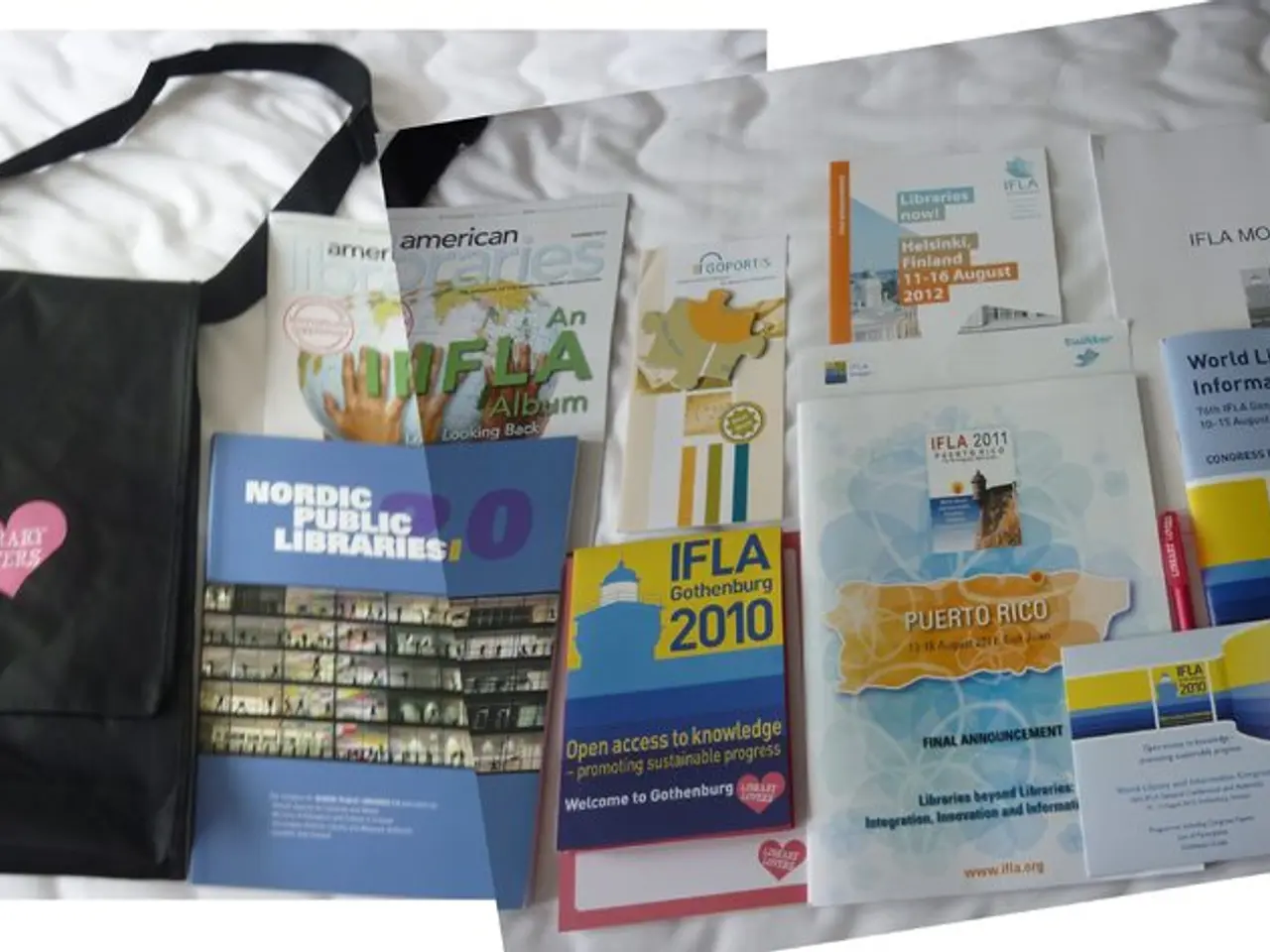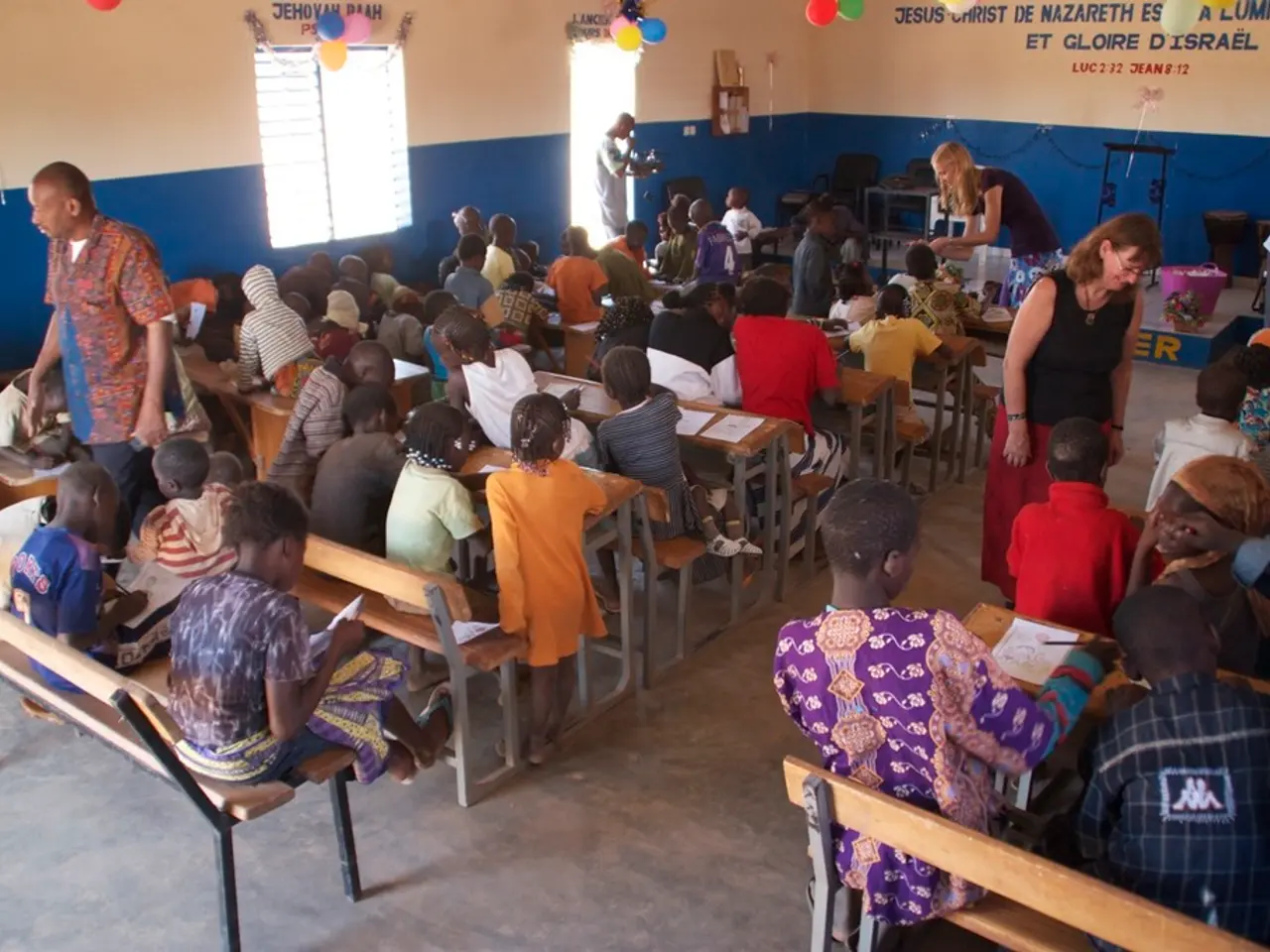Boosting Verbal Interaction: The Significant Contribution of Childhood Speech Specialists
In the realm of child development, paediatric speech therapists play a vital role in evaluating, diagnosing, and treating speech, language, and communication delays or disorders in children. Their mission is to improve communication skills and overall development, making a significant impact on both the individual child and society at large.
Paediatric speech therapists are equipped with a suite of key roles and interventions. First and foremost, they conduct initial and ongoing assessments to determine a child’s speech and language development level and identify any delays or disorders. Based on these findings, they develop personalized therapy plans in collaboration with the child’s family and multidisciplinary team members, setting goals based on the child’s strengths, family values, and priorities.
Direct therapy sessions are a cornerstone of their work. These sessions address areas such as articulatory accuracy, vocabulary development, sentence structure, pragmatic/social communication, and fluency. Therapy is often conducted in natural environments like home or school to maximize relevance and generalization.
Family education and support is another essential aspect of their work. They actively work with parents and caregivers to teach strategies that support communication development during daily routines and activities.
Multidisciplinary collaboration is also key. They coordinate with other professionals—such as occupational therapists, behaviour analysts, educators, and medical providers—to ensure comprehensive care that supports the child’s overall development. Participation in service planning, including Individual Family Service Plan (IFSP) or Individualized Education Program (IEP) meetings for children with developmental disabilities or delays, is also part of their remit.
In the therapy environment, child speech therapists strive to create an educational, comfortable, and accommodating space that promotes learning and reduces anxiety. They work on long-term results and make changes to the approach of therapy over time. Overcoming psychological speech constraints in children is another important aspect of their work.
Customized treatment programs are designed based on the specific requirements of the child. This includes the use of large-scale testing to determine the nature and extent of a child's communication difficulties, as well as the implementation of evidence-based methods suitable for the child’s specific needs. Technological developments provide assistive devices and programs for enhancement of speech or alternative forms of expression for children with speech impairment.
Speech therapists for children also provide support to literacy skills development at an age before formal learning. They now increasingly treat the needs of children brought up as bilingual or multilingual. The services of paediatric speech therapists become increasingly essential as society acknowledges neurodiversity.
In conclusion, paediatric speech therapists offer irreplaceable assistance to families, helping children tap their maximum communicative potential. They continue to work on professional growth to be updated on the most recent studies, findings, and standards of care. Their comprehensive, individualized, and family-centered interventions support children’s communication skills and overall development within their everyday environments.
- Paediatric speech therapists extend their expertise beyond communication delays to offer assistance in areas like health-and-wellness, fitness-and-exercise, and mental-health, by educating families on strategies that support communication development during daily routines and activities.
- For children with speech impairment, paediatric speech therapists utilize technological developments to provide assistive devices and programs for fitness-and-exercise, mental-health, and personal-growth, offering alternative forms of expression.
- With the increasing recognition of neurodiversity, paediatric speech therapists offer essential services in education-and-self-development, addressing the diverse needs of bilingual or multilingual children and ensuring their success in academic and social settings.




